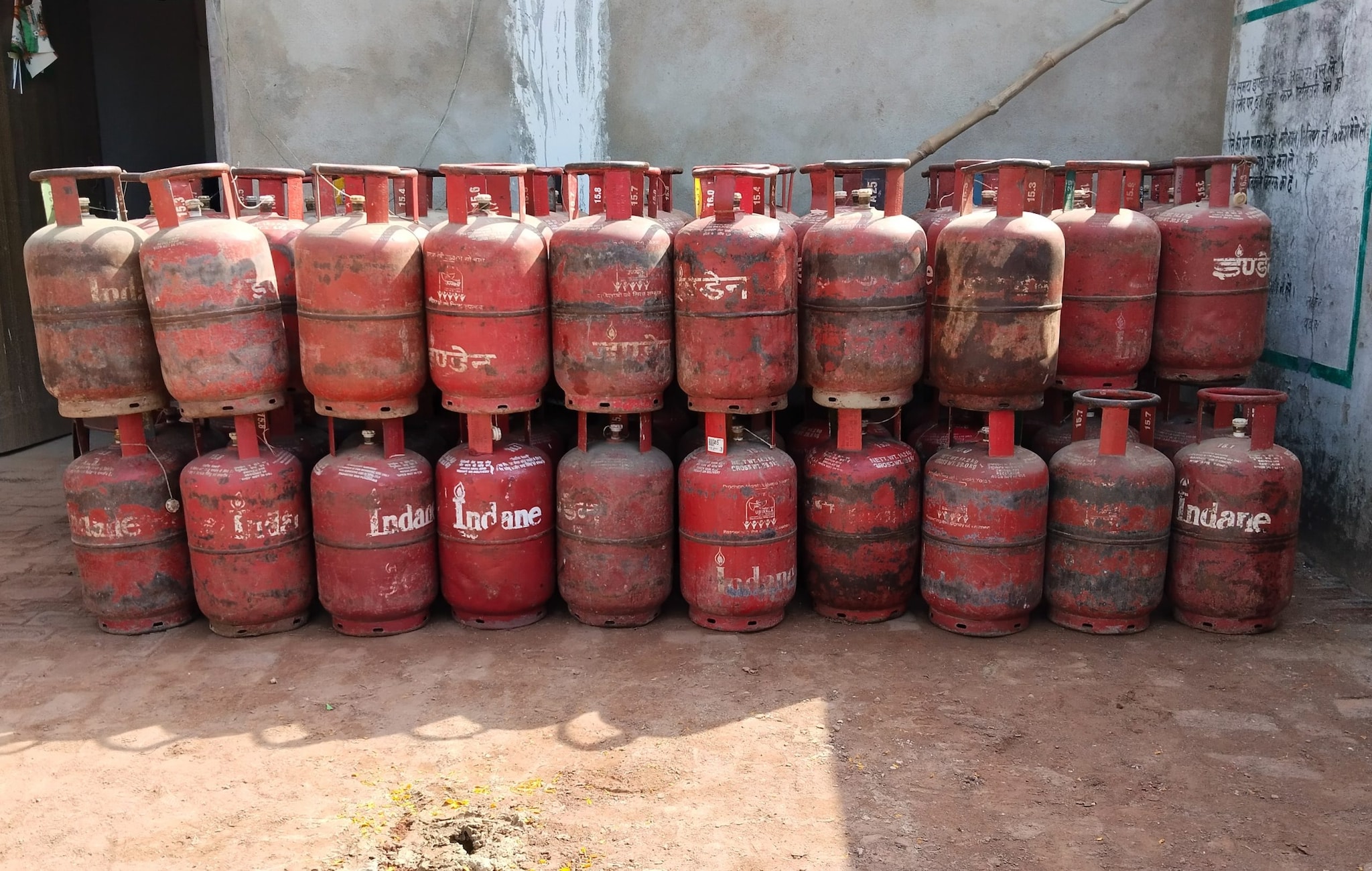The Reserve Bank of India (RBI) on Wednesday (April 9) published a draft regulatory framework for lending against gold. The move comes shortly after the central bank decided to cut the repo rate, signaling a broader effort to fine-tune credit practices and consumer protection. Index Fund Corner Sponsored Scheme Name 1-Year Return Invest Now Fund Category Expense Ratio Axis Nifty 50 Index Fund +32.
80% Invest Now Equity: Large Cap 0.12% Axis Nifty 100 Index Fund +38.59% Invest Now Equity: Large Cap 0.

21% Axis Nifty Next 50 Index Fund +71.83% Invest Now Equity: Large Cap 0.25% Axis Nifty 500 Index Fund -- Invest Now Equity: Flexi Cap 0.
10% Axis Nifty Midcap 50 Index Fund +46.03% Invest Now Equity: Mid Cap 0.28% The draft aims to introduce a harmonised set of rules across all lenders—banks, NBFCs, co-operative banks, and regional rural banks (RRBs)—involved in gold-backed lending.
The RBI said the proposed framework is meant to strengthen conduct-related aspects and address concerns seen in current lending practices. Key proposals of the draft paper: Gold loan norms must be part of the lender’s credit and risk management policy. Policies must include single-borrower and sectoral limits for gold loan portfolios.
Lenders must define clear valuation standards, gold purity checks, and mechanisms to monitor the end-use of loans. All loans must be linked to the borrower’s repayment capacity. Proper credit appraisal and due diligence are mandatory.
Lenders must put in place systems to periodically monitor loan usage and keep evidence on record. Loan renewals and top-ups are allowed only if the existing loan is classified as standard and within the loan-to-value (LTV) limit. Restrictions on lending: Advance cannot be granted against primary gold, silver, or financial assets backed by primary gold or silver.
Borrowers cannot take concurrent loans for both consumption and income-generating purposes. Lenders must not accept gold with disputed ownership or accept re-pledged gold as collateral. Specific limits and caps: Tenure for bullet repayment loans (consumption loans) is capped at 12 months.
Co-operative banks and RRBs can only issue bullet repayment loans up to ₹5 lakh per borrower. For loans against gold ornaments and coins, the total weight of pledged gold cannot exceed 1 kg per borrower. The weight of coins pledged cannot exceed 50 grams of gold or silver.
Only specially minted gold coins (22 carats or higher) sold by banks will be eligible as collateral. Coins sold by other entities will not qualify. The RBI has invited comments on the draft guidelines from stakeholders and the public.
The final framework will be notified after a review of the feedback..
Business

RBI proposes new gold loan rules: What borrowers and lenders need to know

The RBI said the proposed framework is meant to strengthen conduct-related aspects and address concerns seen in current lending practices.














